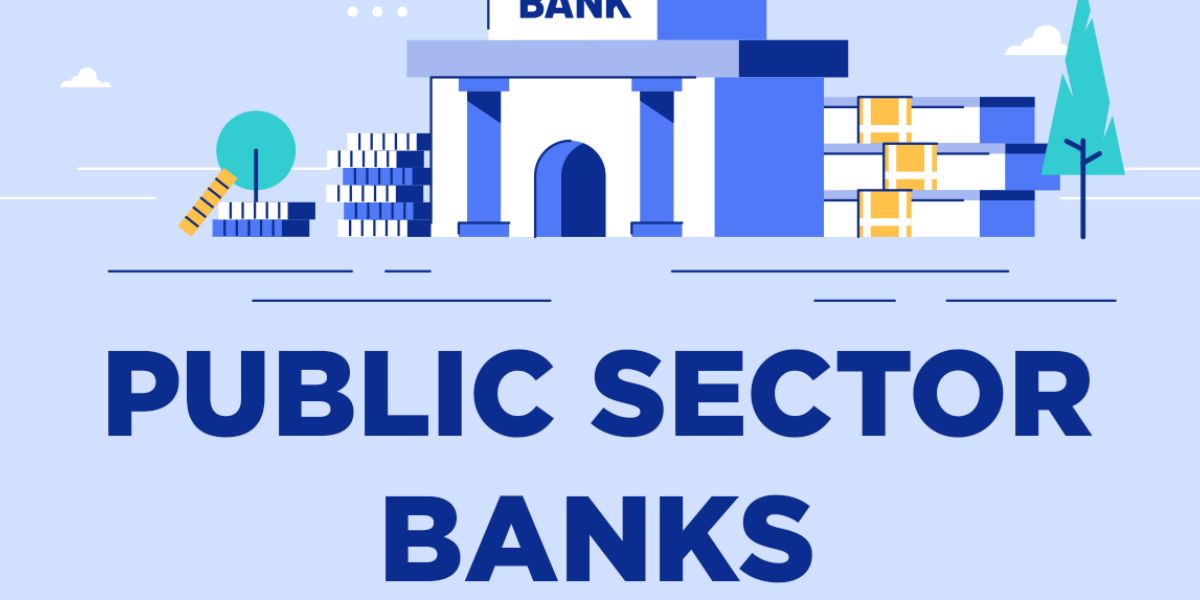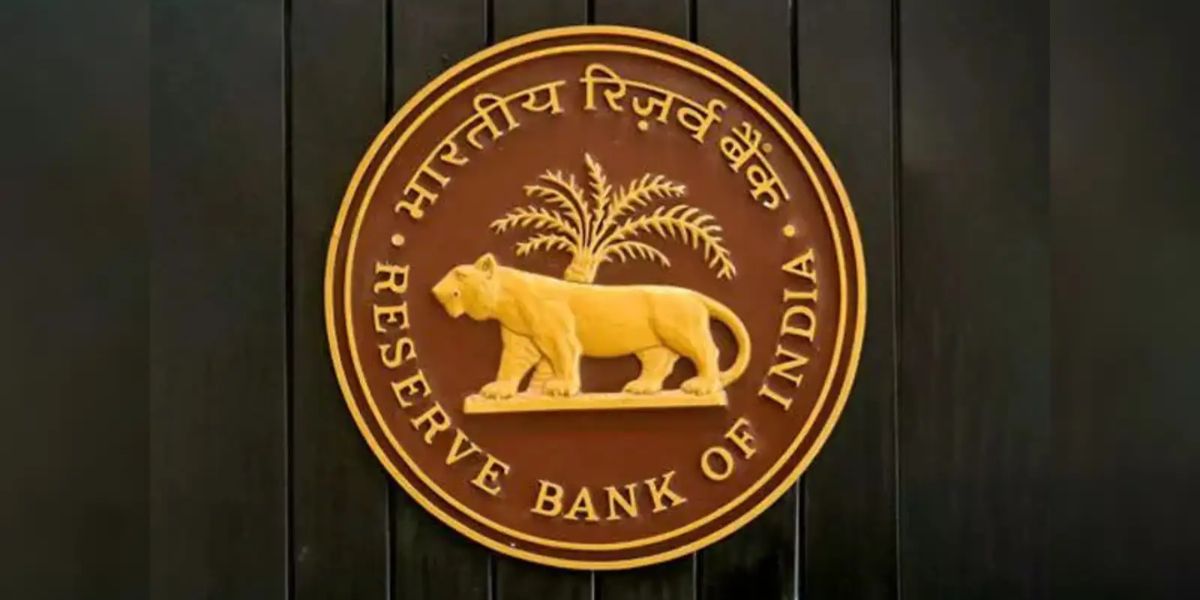Public Sector Banks (PSBs) have long been considered one of the most stable and respected career choices for graduates in India. With secure employment, attractive perks, and opportunities for career growth, PSBs continue to attract thousands of applicants each year. However, getting into these banks requires not just qualification but also strategy, preparation, and awareness of how the recruitment process works. If you’re a recent graduate aspiring to work in a PSU bank, here’s a complete guide on how to plan your journey effectively.
Understanding Why PSU Banking Is Still a Top Career Choice
Working in a PSU bank is about more than just a paycheck—it’s about purpose, prestige, and public service. PSU banks like State Bank of India (SBI), Punjab National Bank (PNB), and Bank of Baroda (BoB) play a crucial role in India’s economic development. They are the backbone of financial inclusion and rural credit programs, making careers in these institutions both rewarding and socially impactful.
Table of Contents
Moreover, PSU jobs offer job security, pension benefits, and structured career progression—features that are increasingly rare in the private sector.
Know the Recruitment Exams and Selection Process
Most PSU banks recruit through examinations conducted by the Institute of Banking Personnel Selection (IBPS) or directly through SBI’s recruitment portal.
Major Exams Include:
- IBPS PO (Probationary Officer)
- IBPS Clerk
- SBI PO and SBI Clerk
- IBPS Specialist Officer (SO)
- Regional Rural Bank (RRB) Exams
Each exam typically includes three stages — Preliminary Exam, Mains Exam, and Interview or Group Discussion.
Tip: Understand the exam pattern, eligibility criteria, and syllabus early. Regularly visit the official IBPS and SBI websites to stay updated on notifications and deadlines.
Develop the Right Skill Set Before You Apply
While strong academic qualifications are essential, PSU banks also value skills that reflect professionalism and adaptability.
Core Skills to Build:
- Quantitative Aptitude and Logical Reasoning – Strengthen your problem-solving and numerical ability through daily practice.
- English Proficiency – Focus on comprehension, grammar, and vocabulary since language plays a vital role in exams and interviews.
- Computer Literacy – Most banking operations today are digital, so understanding basic software, Excel, and digital finance is crucial.
- Current Affairs and Banking Awareness – Stay informed about RBI guidelines, financial news, and economic developments.
You can follow reputed portals such as Economic Times Banking, RBI’s official site, and IndiaPublicSector.com for daily updates related to PSU banking and finance.
Create a Strong Preparation Plan
Consistency is key when preparing for PSU bank exams. Create a study plan that divides your time among the various sections—Quantitative Aptitude, Reasoning, English, and General Awareness.
Smart Preparation Tips:
- Solve previous year’s question papers and mock tests weekly.
- Join online banking prep communities to share strategies.
- Allocate fixed hours daily for revision.
- Focus on accuracy, not just speed.
Pro Tip: Enrolling in a reputable test series gives you an idea of real exam pressure and time management strategies.
Ace the Interview and Group Discussion
Once you clear the written exams, the interview and group discussion rounds determine your final selection.
How to Stand Out:
- Be clear about your motivation to join the banking sector.
- Prepare answers around current economic issues and banking reforms.
- Dress formally and maintain confident body language.
- Practice mock interviews with mentors or peers.
Common Interview Questions:
- Why do you want to work in a public sector bank?
- What are your views on digital banking and financial inclusion?
- How can PSU banks stay competitive with private banks?
Stay Updated with Policy and Economic Changes
A successful banking professional must understand how government policies impact financial institutions. Stay informed about initiatives like:
- Jan Dhan Yojana – promoting financial inclusion.
- Digital India – advancing e-governance and digital transactions.
- RBI monetary policy updates – influencing interest rates and lending.
Regular reading not only helps with the exam but also enriches your knowledge base for interviews.
Focus on Personality Development
In addition to technical knowledge, PSU banks value integrity, teamwork, and communication skills. Build these soft skills through internships, volunteering, or part-time work. Joining debate clubs or community initiatives also helps improve your confidence and communication—both vital in customer-facing banking roles.
Long-Term Career Growth in PSU Banks
Once you enter a PSU bank, career growth opportunities are structured through internal exams and training programs. Promotions can take you from entry-level posts to managerial positions, and later, senior leadership roles. Moreover, with reforms in public sector banking, professionals with tech-savvy and analytical skills are in high demand.
Conclusion: Preparing for Success in the PSU Banking Sector
Getting into a PSU bank is highly competitive, but with the right mindset, preparation, and discipline, you can build a fulfilling and secure career. Focus on continuous learning, stay updated with financial trends, and practice regularly for exams and interviews. The combination of skill and persistence is what sets successful candidates apart.
If you’re ready to begin your PSU banking journey, explore expert insights and the latest updates only on IndiaPublicSector.com — your trusted resource for PSU career guidance and opportunities.









